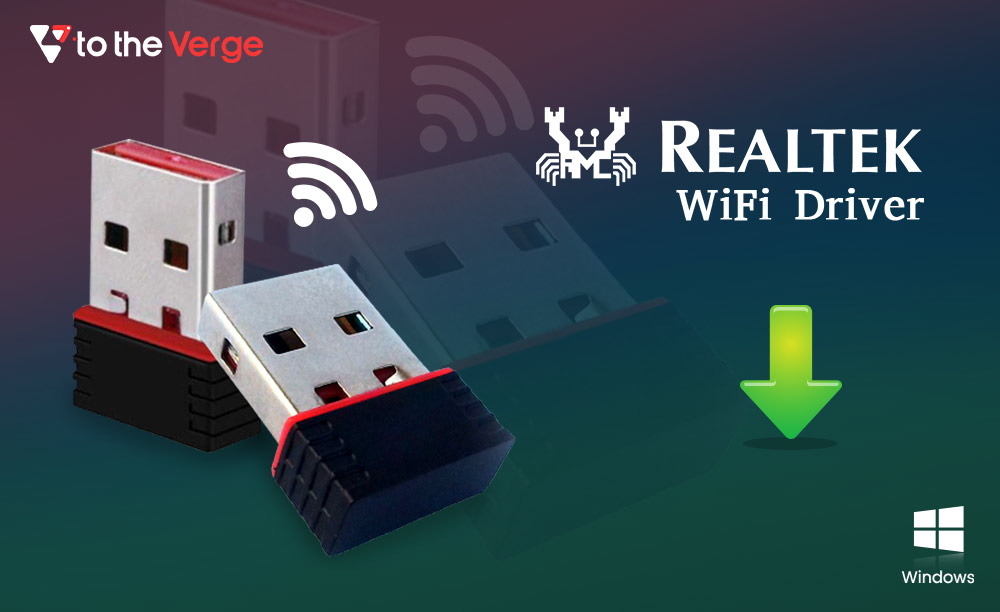Aravind Upadhyaya (founder and CEO of 8chili Inc.) shares how the platform strives to advance training, learning, and content creation for the 3D future.
To The Verge had an interesting conversation with Aravind Upadhyaya, founder, and CEO of 8chili Inc. The entrepreneur shared his work with immersive technologies and the functionality of their product known as HintVR. It’s a platform presently dedicated to healthcare applications in the Metaverse.
So far, the company is fulfilling its commitment to integrate HintVR into the healthcare systems and educational institutions.
Virtual teleportation and immersive experiences through HintVR can be a significant game-changer for healthcare systems and educational institutions. To know all about the discussion, stay tuned till the end!
What’s with the striking name?
Aravind shared that they wanted to stand out with their venture’s name. They coined it based on a pizza place in San Francisco, famous for its hot pizzas. Its vibe seemed fitting to their goals. Finally, they aced the name “8chili” as they aspired to spice up things for the industry.
Transforming Healthcare With Virtual Reality
He shared that training and therapeutics are the two key areas where VR technology can impact healthcare. Virtual Reality in healthcare can focus on pain management to reduce overreliance on drugs for pain therapy. Along with this, VR training can assist in reducing the long curve of painful training the healthcare professionals have to seek. It can also allow trainees to make mistakes without affecting the patients.
The congested ecosystem of healthcare training allows a person to become proficient in about 14-15 years. It’s mainly because of limited hours of hands-on experience that he considers the most significant barrier to professional medical training. Thus, HintVR can offer real-life, first-hand experience to its users and allow trainees to make mistakes without affecting the patients.
“Like, if I let you play GTA or NFS in VR, it will definitely give you a real good idea of the number of tasks or steps, but if I just allow you to play these two games and don’t let you have any real-world experience and let you drive a car, you might still not be confident, that’s exactly what 8 chillis is trying to solve, we provide real-life experience in VR by capturing exactly what the healthcare professional be it a nurse, a paramedic or a surgeon is doing as a task.”
The platform captures this through Depth 3D (where objects seem to have space) and not 360 VR (where the user feels surrounded but with no depth and space). The experience becomes so realistic that one can even see the colors of bones, tissues, blood, and other bodily components. When the trainee trains here, they learn what to expect and what steps they should take during a procedure. Ultimately, it bridges the gap between theory and practice.
Cost for medical colleges to get access to this content
There are two kinds of costs involved here. One is the platform cost itself for educational institutions for the learning management system or content authorizing system. It’s for the organization of the hundreds of videos structured across different specialties produced by the institution.
Being a B2B platform, they also make the institutions pay an hourly cost for content delivery and not the students. The platform strives to deliver long hours of content, which provides confidence to the residents to perform procedures independently. Thus, they aim to relax the time buffer medical professionals face.
Outcomes of virtual teleportation by 8chilis
The retention rate is very high if we measure the efficacy of students exposed to the complex procedures through HintVR. 87% of the time, when students access the platform, they are more confident, says Aravind. Therefore, the platform promises to improve the retention rate and cut the medical training time in half for the medical staff to become skilled fast.
Will VR-based 3D medical training become a particular part of the medical curriculums in the future?
‘Everything will be VR for sure in terms of training. I call this future we will see as an “attention economy.” So, the attention span will be less because the theory is something that nobody likes when there is a way to make it more interesting, I think that’s what we are heading towards. And not just healthcare, but almost everything will be 3D.’
Currently, 8chili is focused on healthcare, but they have some pending patents for expanding their reach in education. These patent-approved services will be released soon. Thus, they are certain that VR-based medical training can become a part of medical curriculums in the future.
“So, 3D way of training and consumption will be the next significant change in this decade.”
8chili and Therapy
Though they do not have any products for therapy, they are working on a project wherein they are trying to replicate a paper from an esteemed university in London. It’s about detecting the onset of Alzheimer’s in its early stages using immersive experiences. The patients will be asked to randomly hide objects in a 3D space and recall the location.
The procedure to take consent from patients who are being recorded
There is a standard procedure for consent and a consent form for the patient’s approval. Further, the recordings do not capture their face or other wider details.
It’s HIPAA compliant platform, so the entire data is under the HIPAA cloud. They ensure the security of data before it goes live on the platform. In addition, there are AI-based flags to check loopholes for the creators to review and make sure patients’ data is safe.
Patient engagement- Does 8chili show the patients how the procedure will look before operating them?
‘There are huge investments made into this space of patient engagement. 8chilis also has a platform for patient engagement, i.e., teleconsultation, and they eventually plan to move towards digital therapeutics, especially pain management.’
Showing the procedure is a part of patient engagement; they call this ‘informed patient consent.’ Here, virtual reality will enable medical experts to enhance their patient’s medical and health literacy. Aravind explained through an example-
‘When a person plans for a total knee replacement, they choose from different plans; some are highly personalized, and some are standard plans. The gait and range of motion will vary significantly based on the implants. So, for a better explanation of what kind of implant they should choose to regain their gait, which goes a long way in their functional quality of life, VR might be a better option to show them how it feels in 3D and make them understand to go for a customized procedure rather than a standard one.’
Patient engagement is not a new concept. The only reasons the previously engaged companies couldn’t fly through are the cost involved and the required customizations.
The healthcare platform has successfully cracked these areas by bringing the cost down, and more importantly, delivering experience not only on 6 DoF VR but also on 3 DoF VR. 3 DoF headsets allow people to move in 3D environments with joysticks, eliminating physical activity. On the other hand, a 6DoF headset is essential for 3D platforms. With 6DoF, bodily movements are tracked and eased for virtual movement.
“In developed economies, at least the G8, the patients have a bunch of questions they need to understand. Even if there is, say 4% if the chance of them not coming out of the procedure healthy and safe, they still accept that.”
Live Learning
Live learning is possible in a low latency environment where students can see, learn and replicate from the expert surgeon’s feed. The proximity and sterility issues are dealt with here. Also, VR procedures make it possible for hundreds of students to join the surgeon and clearly see what the surgeon sees without any clutter. At the same time, they can chat or ask questions to the surgeons.
“Depending on the procedure and comfort level of the surgeon, they can always take questions. We enable the channels for two-way communication.”
Vision for Metaverse
8chili sees itself contributing to Metaverse by enabling content creators to create immersive content for training. It can be any specialty where content creators can create content effortlessly.
“Today, the way a surgeon makes a PowerPoint that’s how simple 8chilli aspire to make for content creators to create 3D immersive content for training. We call this concept the 3D podcast of the future.”
They envision that 3D content creation will become as seamless as writing a paper or recording a video. It will be an API-based tech platform that will roll out soon. Other goals include image-guided AR (Augmented Reality) procedures to understand how to use AR for more advanced procedures in the operating room.
Conclusion
As we see a decline in medical staff due to less pay and an excessive amount of time invested, 8chilis wishes to break the barrier. The venture may encourage more and more people to take up medicine as a career. In addition, content creation on the upgraded platform will not be limited to healthcare but hopefully stretch towards other areas like education, entertainment, and more.
As the world becomes more and more virtual, the platform aims to create a space where people will effortlessly create virtual content for a virtual world. Creating 3D content wearing a headset and sharing it with others may become as easy as making a video and uploading it on YouTube today. Though healthcare is central for them, they strive to broaden their horizon for all sorts of 3D content.
Aravind is a double MBA from Leipzig University and Purdue University. He previously worked with esteemed companies such as TCS and TriOcula technologies. While introducing AR into healthcare and spending time in the operating rooms, he realized the bigger potentials of the technology for healthcare. In addition, he also aimed to satisfy the entrepreneur appetite that he felt was lacking. Finally, he came up with 8chili, a high-class metaverse platform striving to advance healthcare skills through immersive training and learning. Being the founder of 8chili, the entrepreneur now heads a fantastic team of engineers, hackers, scientists, and more.
Nitisha Lal is a writer enthusiastic and curious to learn new things. Currently, she writes about the latest developments in technology, particularly around Web3 and the Metaverse. She enjoys nature walks, capturing the world around her on the phone, or reading books when away from work.

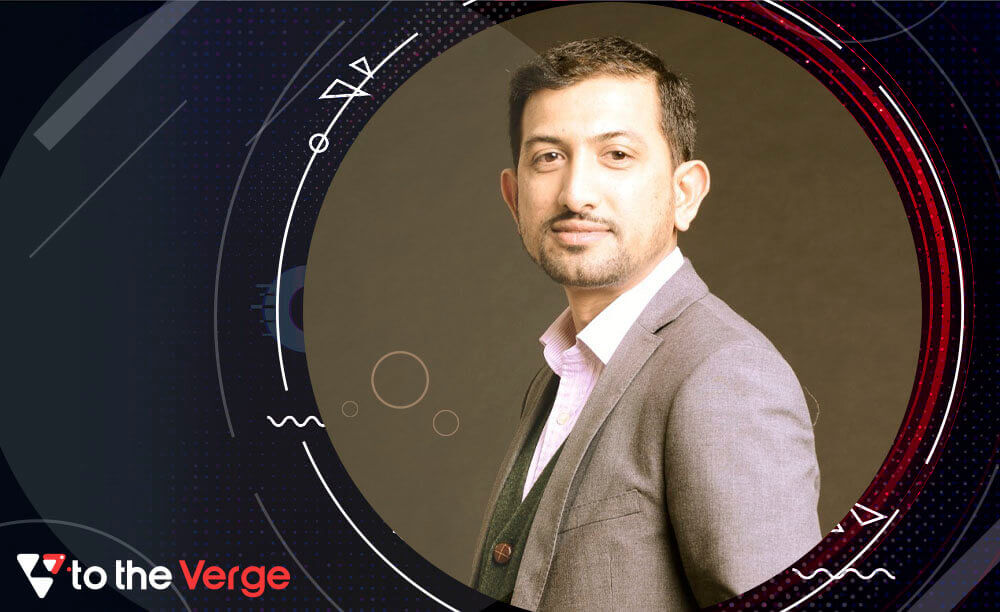
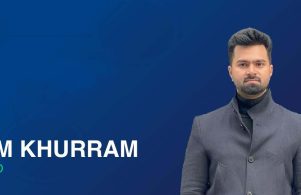
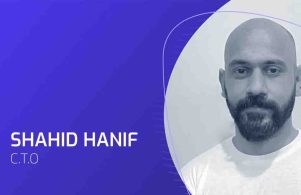
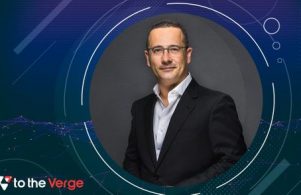

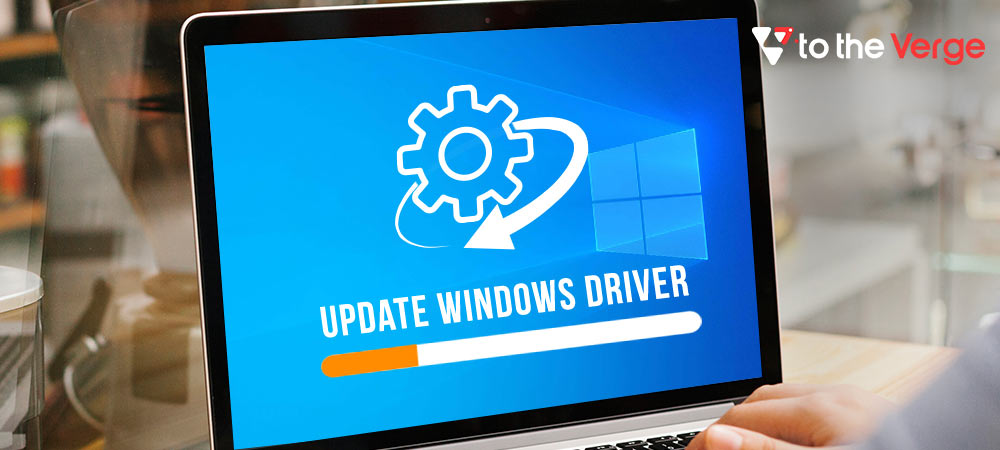
![How to Update and Reinstall Keyboard Drivers on Windows 10/11 [A Guide]](https://wpcontent.totheverge.com/totheverge/wp-content/uploads/2023/06/05062841/How-to-Update-and-Re-install-Keyyboard-Drivers-on-Windows-10.jpg)
